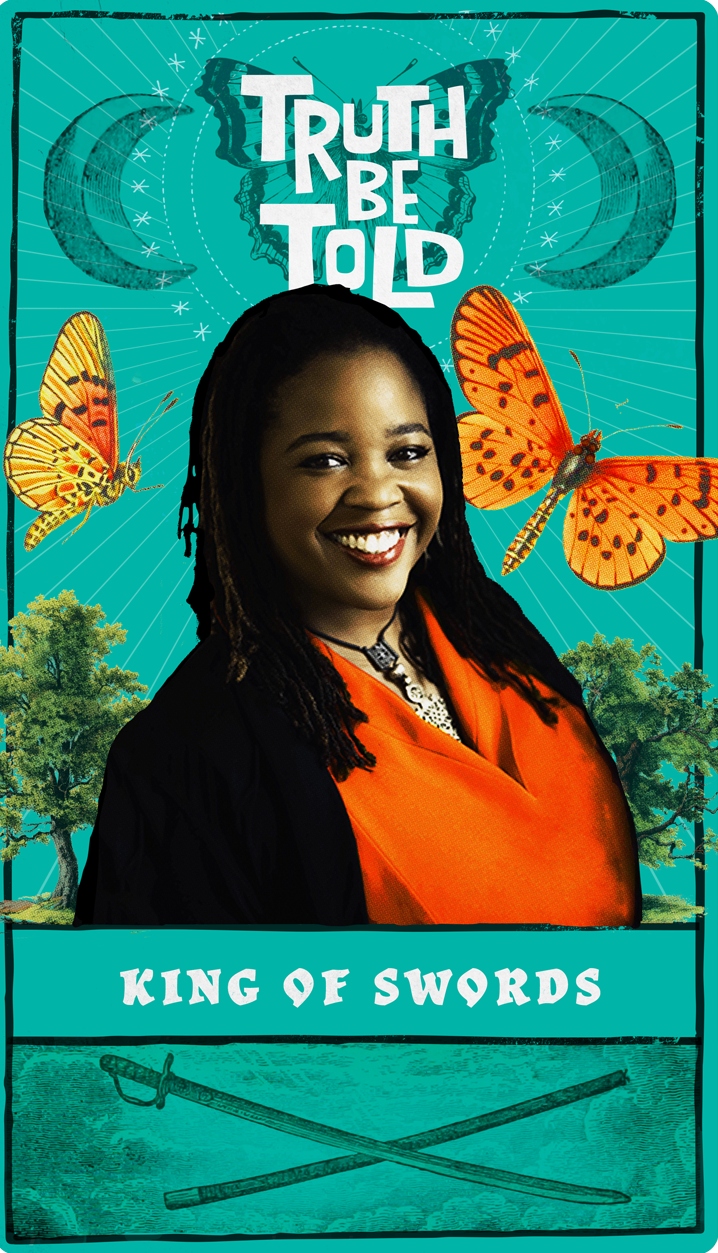
Black women are, by and large, on the front lines of the political fight for democracy. Last year, we saw a record number of Black women serving in Congress and a record number of Black women serving at the state level in politics. There’s data that shows Black, brown and Indigenous women are in the trenches — as political activists, volunteers and everyday people — mobilizing Americans to get out and vote.
This week, Tonya Mosley talks with award-winning journalist and friend, Farai Chideya, who knows both personally and professionally why Black women show up each and every time. Chideya has a new radio show called “Our Body Politic” which unapologetically centers reporting on not just how women of color experience the major political events of today, but how they’re impacting those very issues.
Chideya calls women of color a “superdemographic.” What she means by that is, all women of color are people who can tip elections. “And as different as we are, we are all people who tend to get undervalued by the political system,” Chideya says. “Not hired as strategists, not given the advertising contracts to reach out to voters.” Because women of color are poorly marketed to and a misunderstood group compared to their political power, Chideya does not refer to the group as a “demographic” but rather a “superdemographic.”
Women of color are the secret sauce. We are the roux in the American gumbo. We are not just the parsley on the side of the plate. We are the base of the plate and we need to be understood as such. And, I would argue, Black women over the age of 70 are the secret, secret sauce.
Chideya believes that America is poorer intellectually and sociopolitically because the voices of Black and people of color have been excluded and censored. “We have to recognize that the act of truth-telling is an act of everyone bringing their gifts to the table and then fighting about how we write the first draft of history,” Chideya says. “It can't be told by any one group or any one person.”